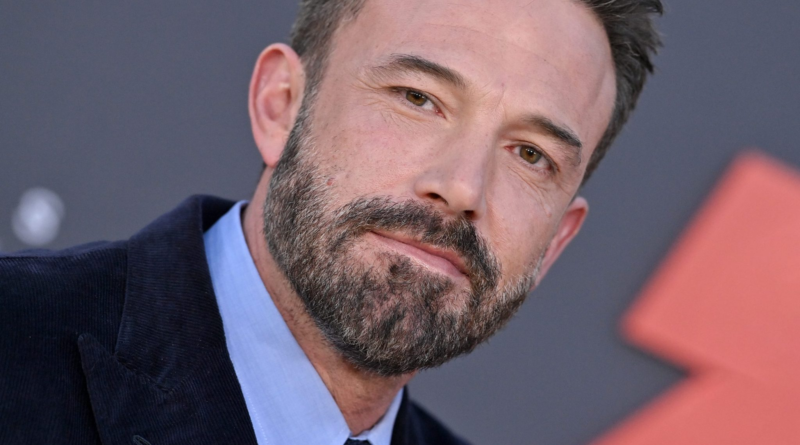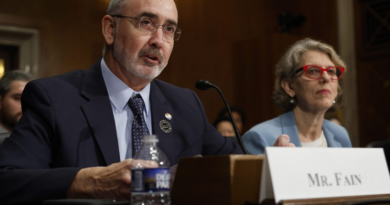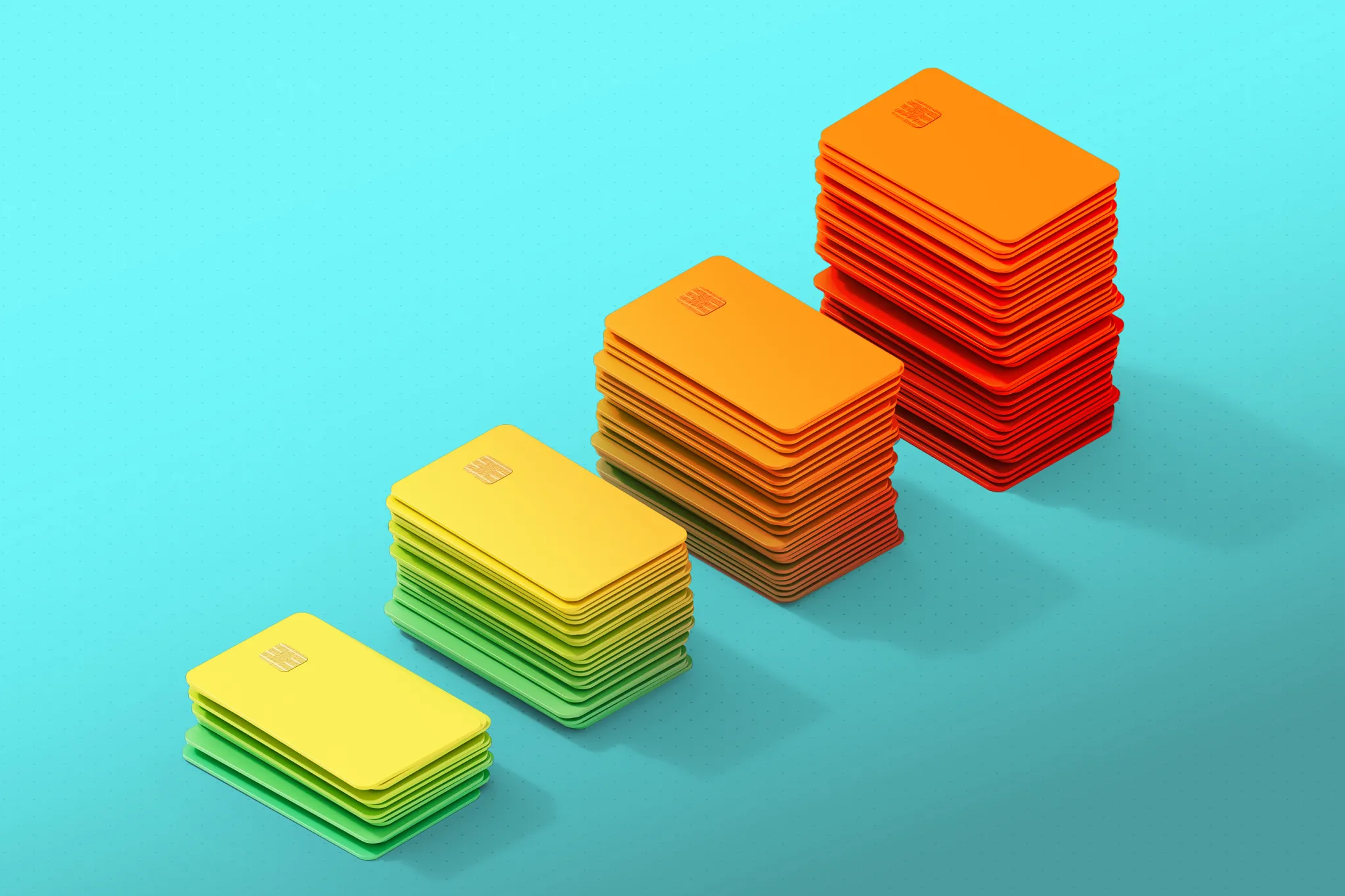Ben Affleck says AI can’t ‘replace human beings making films’ because it lacks ‘taste’
ChatGPT isn’t about to make the next classic dad movie, figures A-lister and director Ben Affleck. Instead, an upcoming Good Will Hunting is in good hands with just humans behind the camera. AI might be “good” at churning out uncanny valley TikToks where a bunch of tomatoes somehow transform into cats or a pope runs away from aliens, but that’s not necessarily enough to drive a business, Affleck believes.
Not unlike the emperor’s new clothes or Meta’s metaverse leg situation, there’s a bit of a chasm between AI’s capabilities and what its PR shrills would have you believe it’s able to do. Calling AI a “craftsman at best,” Affleck explained that the tools work by nature of imitation. “They’re just cross-pollinating things that exist. Nothing new is created,” he said of language models while speaking at the 2024 CNBC Delivering Alpha conference last week.
In order to be a standalone threat, AI would have to exhibit a higher level of artistic judgment rather than just producing eye-grabbing pig swill. “The function of having two actors or three or four actors in a room and the taste to discern and construct, that is something that currently entirely alludes AI’s capability and I think will for a meaningful period of time,” he said. In other words, AI is perhaps too cringe for its own good.
Pointing out that there are current issues with controls and quality, Affleck suggested there’s a larger issue at hand: AI is made to constantly churn out content and does not sense any conclusion or have much restraint. “Craftsman is knowing how to work,” he said. “Art is knowing when to stop. Knowing when to stop is going to be a very difficult thing for AI to learn because it’s [about] taste.”
“AI can write you excellent imitative verse that sounds Elizabethan; it cannot write you Shakespeare,” he added.
Where Affleck sees AI headed
Affleck bats away fears of AI, as it stands now, as a real threat. “Movies will be one of the last things, if everything gets replaced, to get replaced by AI,” he said. His comments stand in contrast to ones from a famous portrayer of many a himbo, Ashton Kutcher, who’s made controversial remarks regarding the future of the business.
“Instead of watching some movie that somebody else came up with, I can just generate and then watch my own movie,” Kutcher said this summer when speaking of OpenAI’s video tool Sora. He, of course, has some skin in the game, given that in 2023 his venture firm raised $243 million in five weeks to back artificial intelligence startups, including OpenAI.
But Affleck too indulges in some AI advertisement, despite his initial misgivings. “What AI is going to do is disintermediate the more laborious, less creative, and more costly aspects of filmmaking. That will allow costs to be brought down,” he said.
Affleck added, perhaps a little optimistically, that AI will “lower the barrier to entry,” as well as “allow more voices to be heard. That will make it easier for the people who want to make Good Will Huntings to go out and make it.”
But AI making Hollywood more accessible to anyone but venture capitalists and tech moguls has yet to be seen. While executives like Warner Music CEO Robert Kyncl or Netflix’s Ted Sarndos discourage labeling AI as simply a threatening and encroaching being, there are warning signs flashing red.
Three-fourths (or 75%) of leaders in the entertainment industry “indicated that AI tools supported the elimination, reduction or consolidation of jobs at their companies,” according to a study of 300 leaders as commissioned by The Concept Art Assn. and the Animation Guild. In other words, it’s wise to not fully trust a wolf in sheep’s clothing
“As someone who engages a lot with the darkness of capitalism, I think we’ve got a fight on our hands,” Noah Hawley, creator of the series Fargo, told Fox News, while adding that he doesn’t believe “we’re going to be able to replace our best work with a simulation of our best work.” Hollywood writers and actors found some success in issuing guardrails on AI’s unmigrated growth after both went on strikes for a new contract.
Instead of pushing out actors, AI might be working behind the scenes. “It may make your background more convincing, it could change the color of your shirt, it can fix mistakes that you made. It can make it so you might be able to get two seasons of House of the Dragon in a year instead of one,” said Affleck, warning that it will, however, likely impact the visual effects business. He seemingly doesn’t back those jobs as much.
“I wouldn’t like to be in the visual effects business, they’re in trouble,” he said. “Because what costs a lot of money is going to cost a lot less. It’s going to hammer that space, and it already is, and maybe it shouldn’t take 1,000 people to render something.”
In his mind, “what should happen with the same demand and the same span is they should just make more shows,” allowing for fans to pay for their own episodes of Succession where Kendall has an affair with Stewy—per Affleck’s example. Of course, it’ll likely be “a little janky,” but it might fill that fancast need for consumers. His hope is that it’ll create “an additional revenue stream that can replace DVD, which took 15 to 20 percent out of the economy of filmmaking,” he said. “And there should be negotiated rights,” he concluded.




